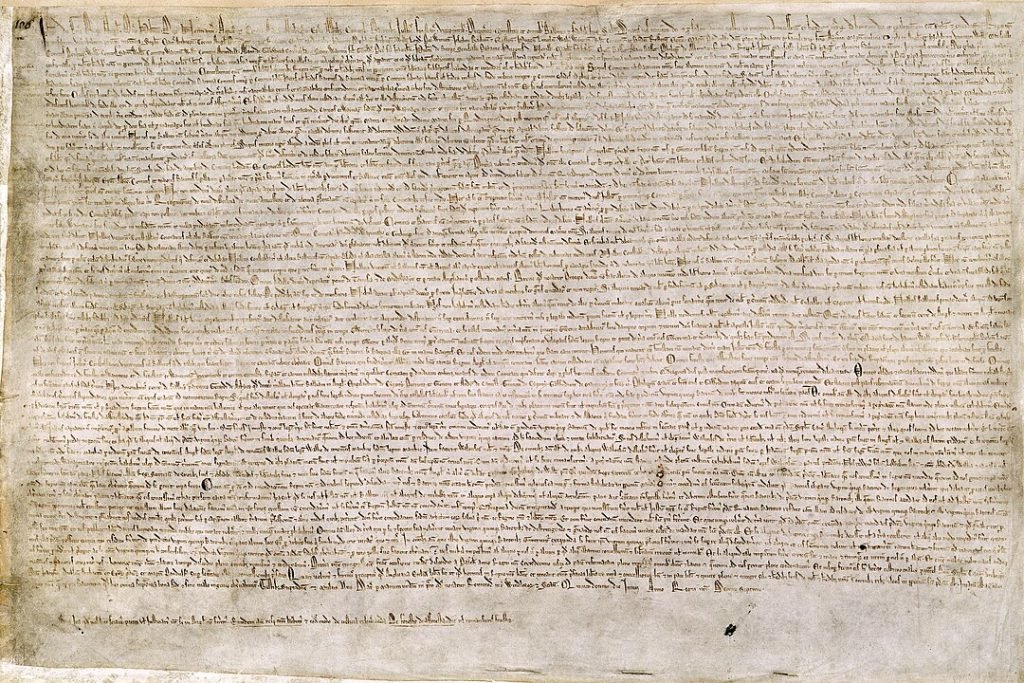Fourth Amendment is an important part of American law and human rights under the United States Constitution. The Bill of Rights was signed into law on December 15, 1791. It protects people’s rights to privacy and freedom from unreasonable government acts.
The worries of the Anti-Federalists during the country’s founding had a big impact on the writing of the Fourth Amendment. These people were worried that the original Constitution didn’t protect individual rights well enough against the government’s possible abuse. The Bill of Rights, which is made up of ten amendments, including the Fourth, meant to protect basic rights and freedoms, was added because of their work.
The Fourth Amendment’s language is mainly about protecting people’s rights to safety and privacy:
The right of the people to be secure in their persons, houses, papers, and effects, against unreasonable searches and seizures, shall not be violated, and no Warrants shall issue, but upon probable cause, supported by Oath or affirmation, and particularly describing the place to be searched, and the persons or things to be seized.
This change makes it very clear that the government cannot get too involved in the daily lives of its people. Additionally, it stresses that searches and arrests by police must be legal and usually need an order. There must be a good reason to issue this order, and it must say exactly what is to be searched for or taken.
Over the years, different societies and technological advances have led to different readings of the Fourth Amendment. There have been many times when the U.S. Supreme Court has changed its mind about what it means, mostly when it comes to search warrants, spying, drug tests, and how new technologies affect privacy and police work.
To sum up, the Fourth Amendment, which was passed in 1791 as an important part of the Bill of Rights, is still an important part of American federal law. It keeps protecting people’s right to privacy, upholding the idea of limited government power and making sure that no one’s freedom or safety is violated without a good reason.





